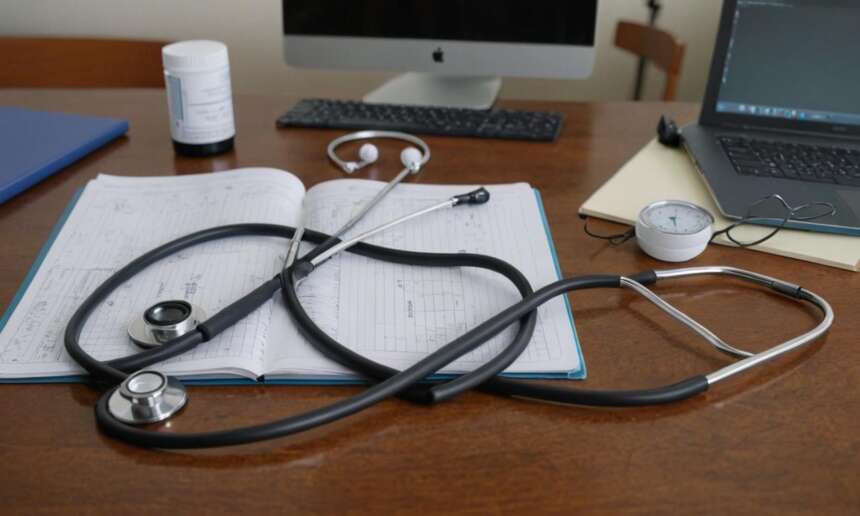General practitioners, commonly referred to as GPs, play a pivotal role in healthcare systems worldwide. They serve as primary care physicians, providing comprehensive medical care to patients of all ages and backgrounds. In this article, we delve into the responsibilities, qualifications, and significance of general practitioners in healthcare.
The Essence of General Practice
General practitioners serve as the initial point of contact for individuals seeking medical assistance. They are trained to diagnose and manage a wide range of medical conditions, from minor ailments to chronic diseases. Their role extends beyond treating illnesses; they also emphasize preventive care, health education, and overall well-being.
Responsibilities of General Practitioners
The duties of a general practitioner encompass various aspects of healthcare delivery:
- Conducting routine check-ups and physical examinations
- Diagnosing and treating acute and chronic illnesses
- Prescribing medications and coordinating referrals to specialists
- Providing counseling on lifestyle modifications and preventive measures
- Managing ongoing health conditions and coordinating long-term care
Qualifications and Training
Becoming a general practitioner requires rigorous education and training:
- Completion of a medical degree from an accredited institution
- Undergoing residency training in general practice or family medicine
- Obtaining licensure through national medical boards
- Continuing education to stay abreast of advancements in medical science
Significance in Healthcare
General practitioners serve as the cornerstone of healthcare systems for several reasons:
- Accessibility: GPs are readily accessible to patients and provide timely medical care.
- Continuity of Care: They establish long-term relationships with patients, ensuring continuity and personalized care.
- Cost-Effectiveness: Primary care delivered by GPs is often more cost-effective than specialized care.
- Preventive Focus: GPs emphasize preventive measures to promote health and reduce the burden of illness.
- Gatekeeping Role: They act as gatekeepers to specialized services, ensuring appropriate utilization of resources.
General practitioners are indispensable members of healthcare teams, providing holistic and patient-centered care. Their dedication to promoting health, preventing illness, and managing diseases makes them vital contributors to individual and community well-being.
Collaboration with Other Healthcare Professionals
General practitioners often collaborate closely with other healthcare professionals to ensure comprehensive patient care:
- Consulting with specialists to manage complex cases
- Referring patients to allied health professionals such as physiotherapists or dietitians
- Participating in multidisciplinary team meetings to discuss treatment plans
- Coordinating care transitions between different healthcare settings
Addressing Mental Health Needs
General practitioners are increasingly involved in addressing mental health concerns among their patients:
- Screening for common mental health disorders such as anxiety and depression
- Providing initial counseling and support for mental health issues
- Collaborating with mental health specialists for more complex cases
- Advocating for mental health awareness and destigmatization
Frequently Asked Questions
| Question | Answer |
|---|---|
| What is the difference between a GP and a specialist? | A GP provides primary care for a wide range of medical issues, while a specialist has in-depth knowledge and training in a specific area of medicine. |
| How often should I see my GP? | It depends on individual health needs, but regular check-ups are recommended, especially for those with chronic conditions or specific health concerns. |
| Can I consult a GP for mental health issues? | Yes, GPs are trained to address mental health concerns and can provide initial support or refer patients to mental health specialists if needed. |
| Are GPs involved in preventive care? | Absolutely, preventive care is a key aspect of general practice, with GPs providing guidance on lifestyle modifications, vaccinations, and screening tests. |




